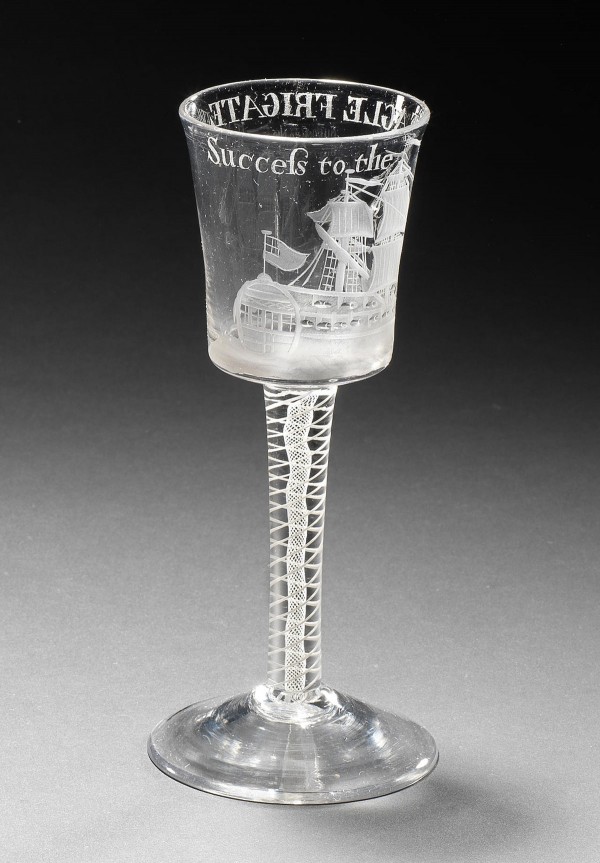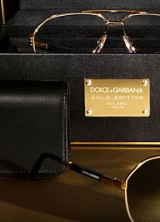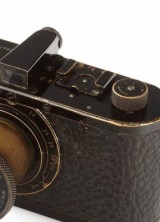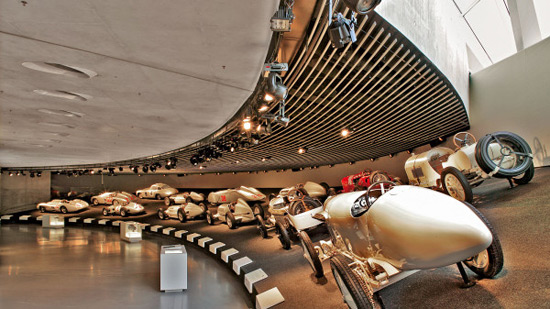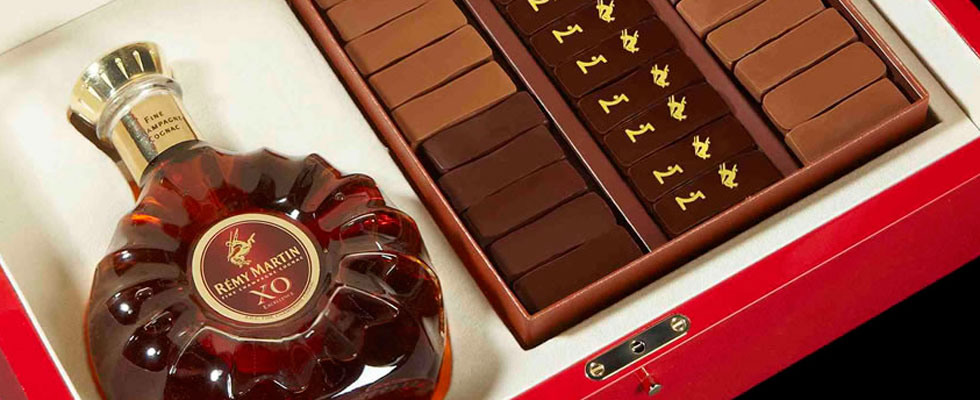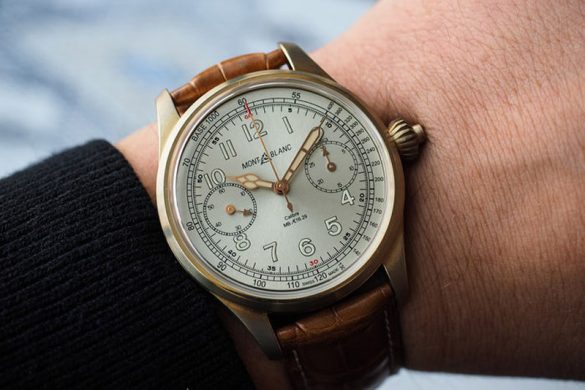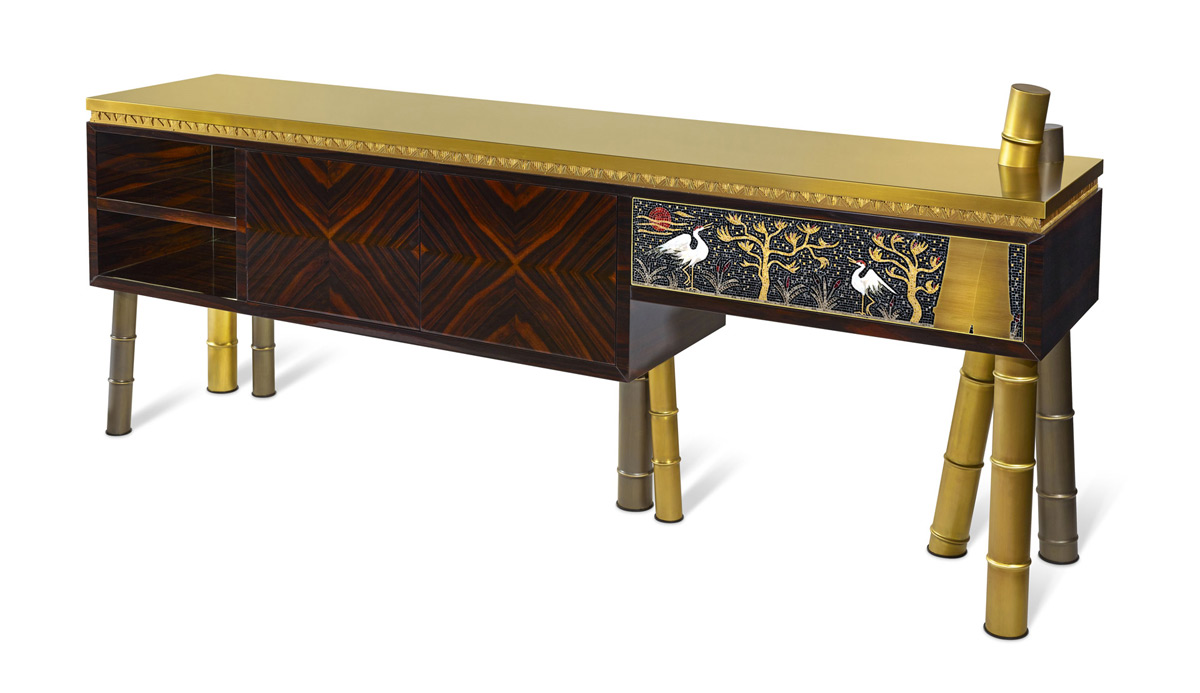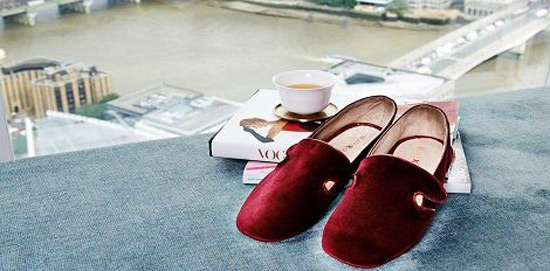One of the top items in Bonhams sale of Fine British and European Glass & Paperweights on May 30 in London, will certainly be a rare example of a wine glass engraved with a portrait of The Eagle, a privateer, circa 1760. The flared bowl of the glass is decorated with a three-masted ship, inscribed Succefs to the EAGLE FRIGATE. It is estimated to sell for £8,000-12,000 ($12,850-19,300).
Simon Cottle, Head of the Glass Department at Bonhams, comments: This glass represents a fascinating period of British history. Drinking from it would be an act of communion with a very different world, one of desperate courage, blood, danger and big rewards or death.
This rare engraved glass bearing the image of a privateer launched in 1756, actually return us to the period when piracy was legal on the understanding that attacks would be limited to the shipping of England’s enemies. At that time, in the 17the century, the privateers raged along. A privateer was a person or a ship authorized by a government to attack the ships of its enemies during wartime. It provided a cheap alternative to the deployment of entire naval fleets during wartime, thereby saving public funds. Privateers were known to disrupt trade and capture enemy ships. Cost was primarily derived through the capture of vessels and fleets, with the proceeds getting distributed among crew members, officers and privateer’s investors.
The Eagle, whose portrait on the glass’s body partially drives its value, is actually a frigate weighing 250 tons and armed with 24 guns. It was owned by Messrs. Camplin and Smith of Bristol and Manslip and Wilkinson of London. She was commanded by Captain John Knill on 13 November 1756. The Eagle has been described as a fine large ship built on purpose for a privateer by a gentleman of this city… A full account of the history of this ship is covered in Bristol privateers and ships of war, by Damer Powell.
At upcoming Bonhams sale of Fine British and European Glass & Paperweights, can be found a wide range of glass survivals from the 17th to the 21st centuries. [Bonhams]

